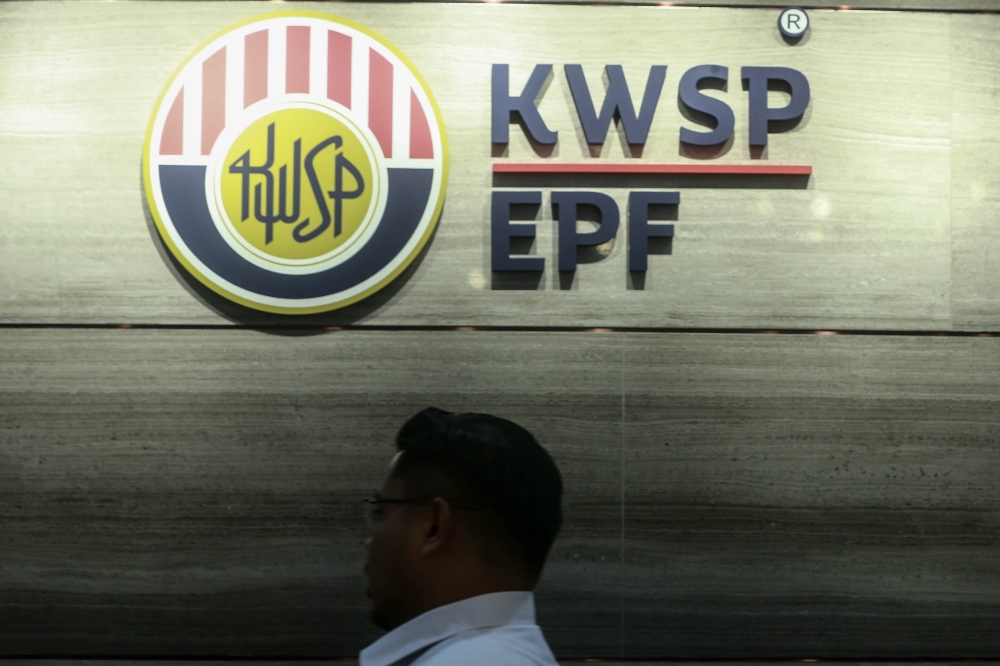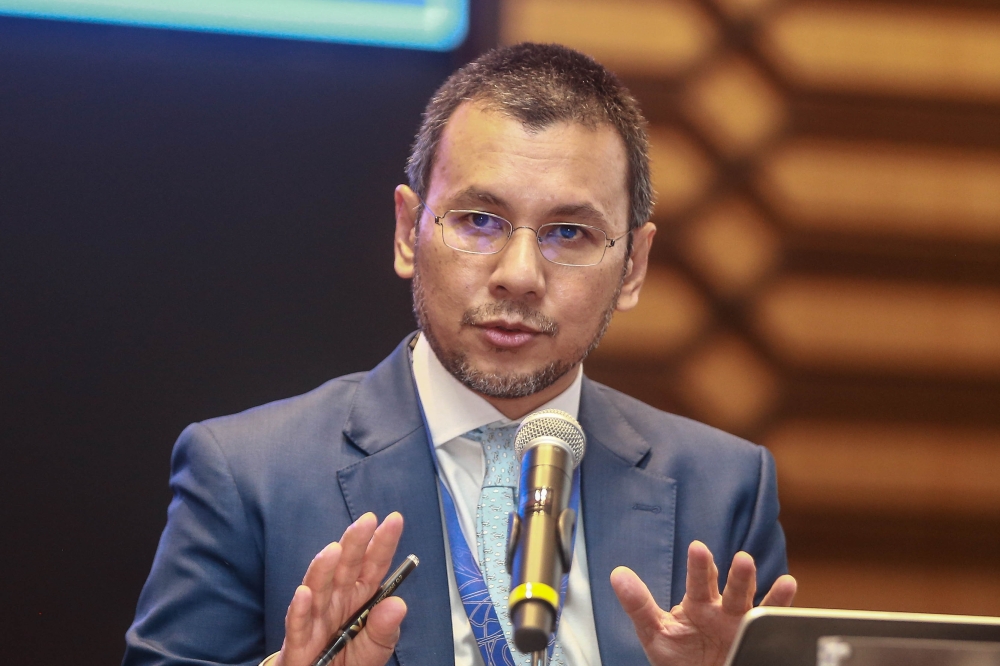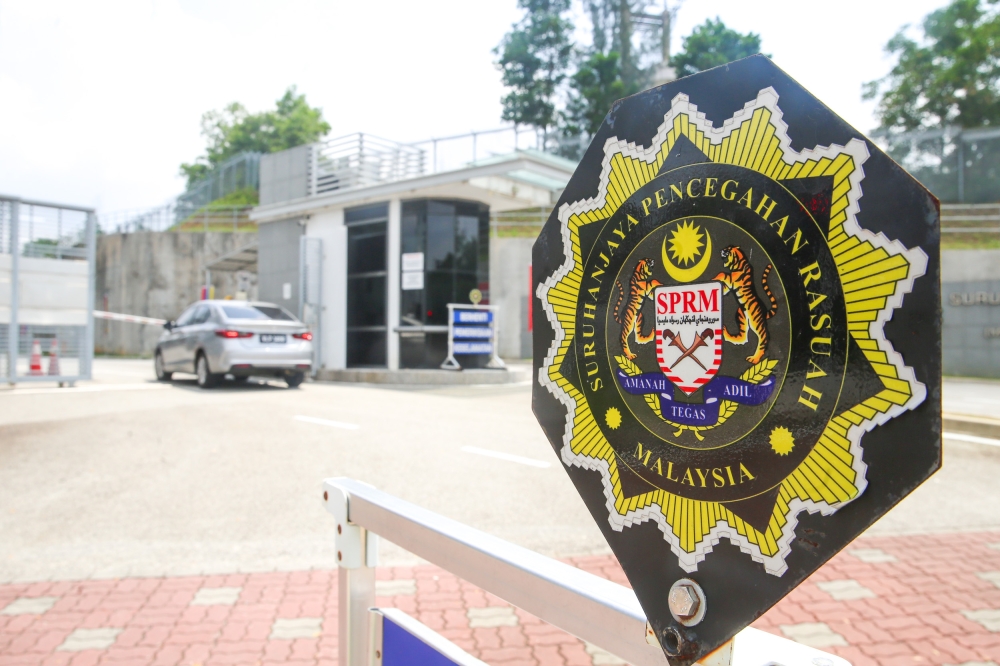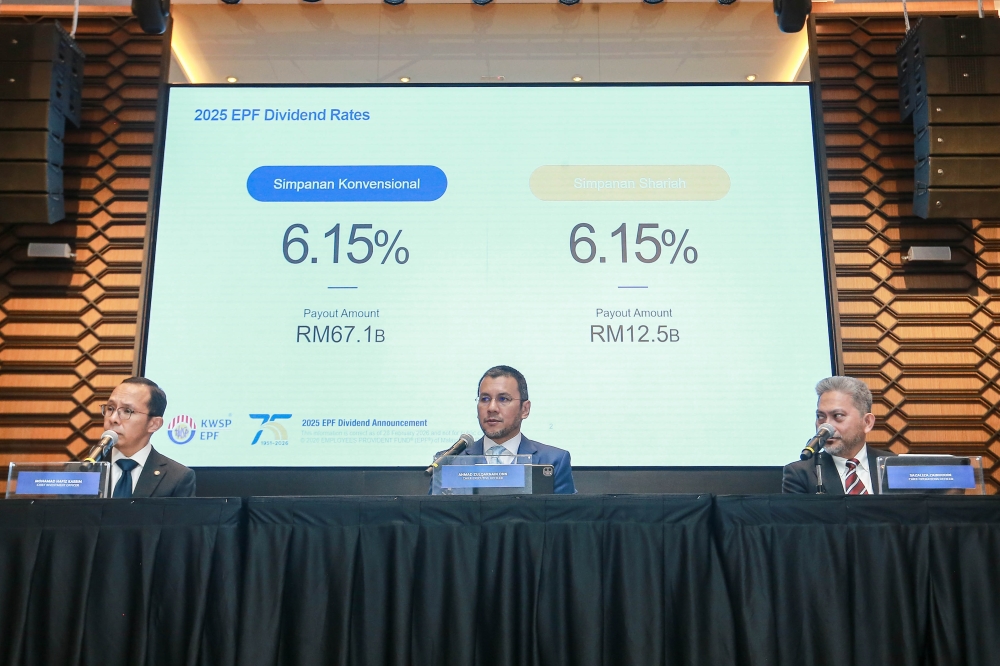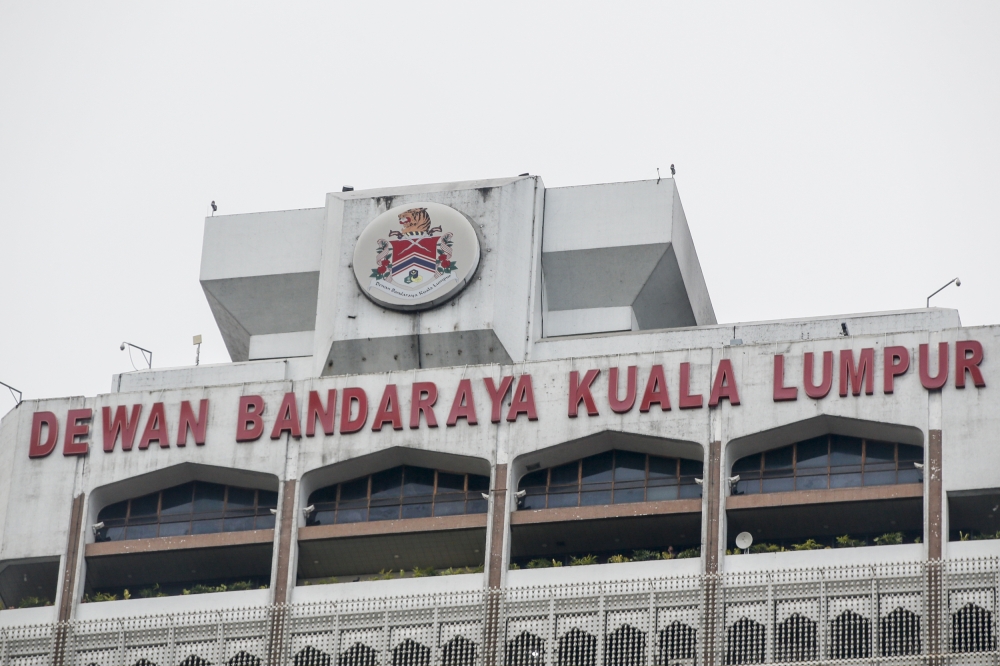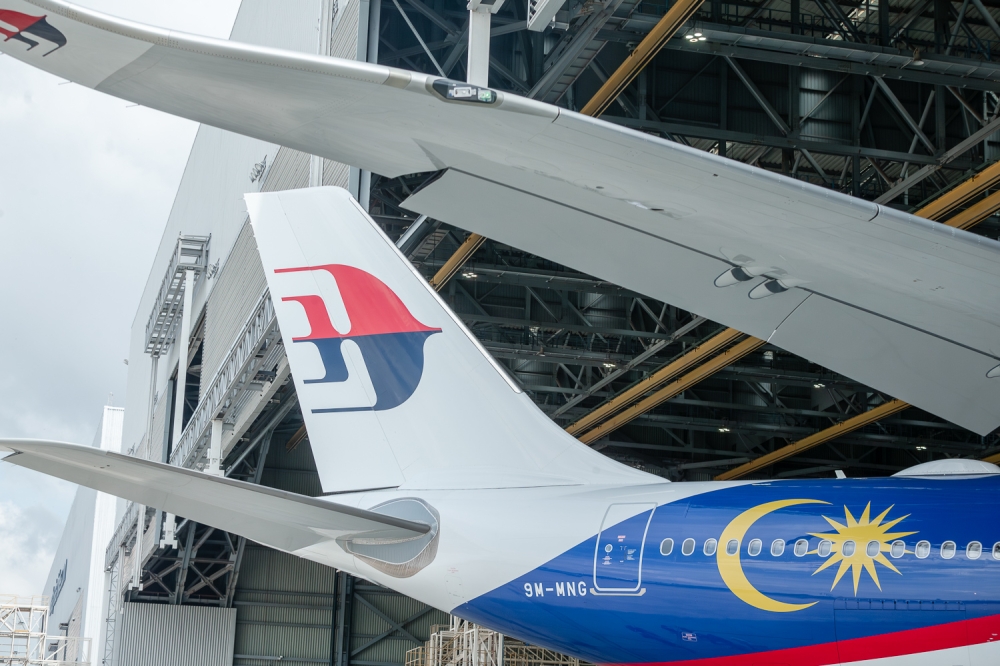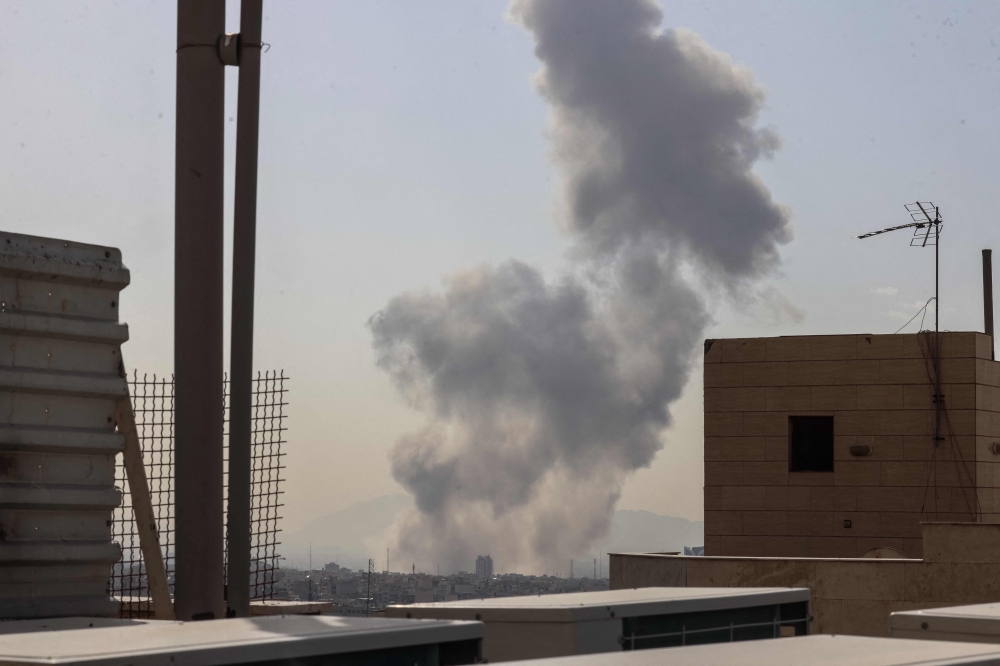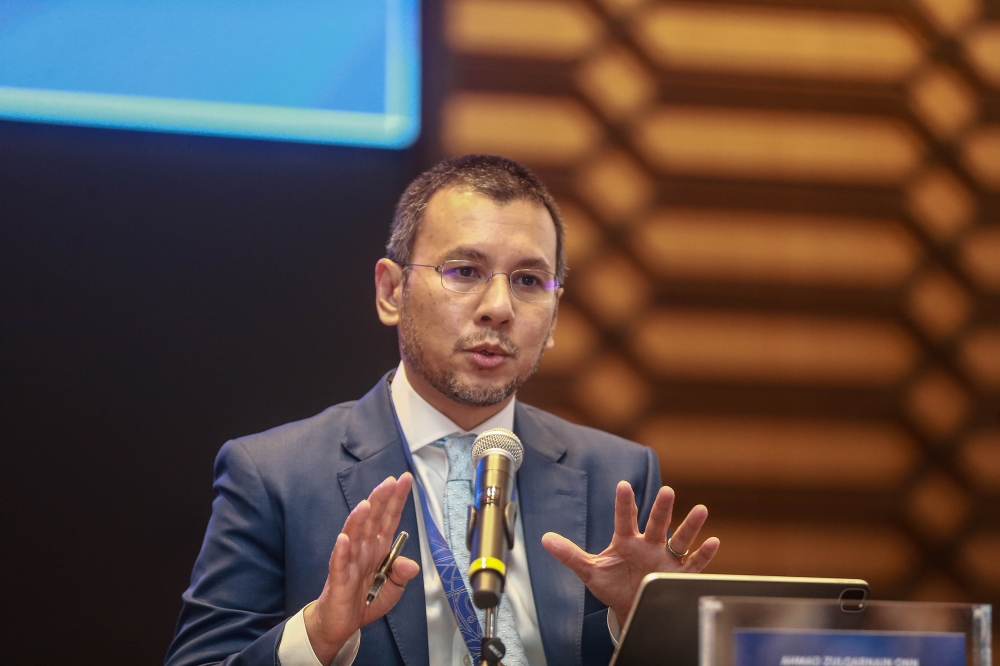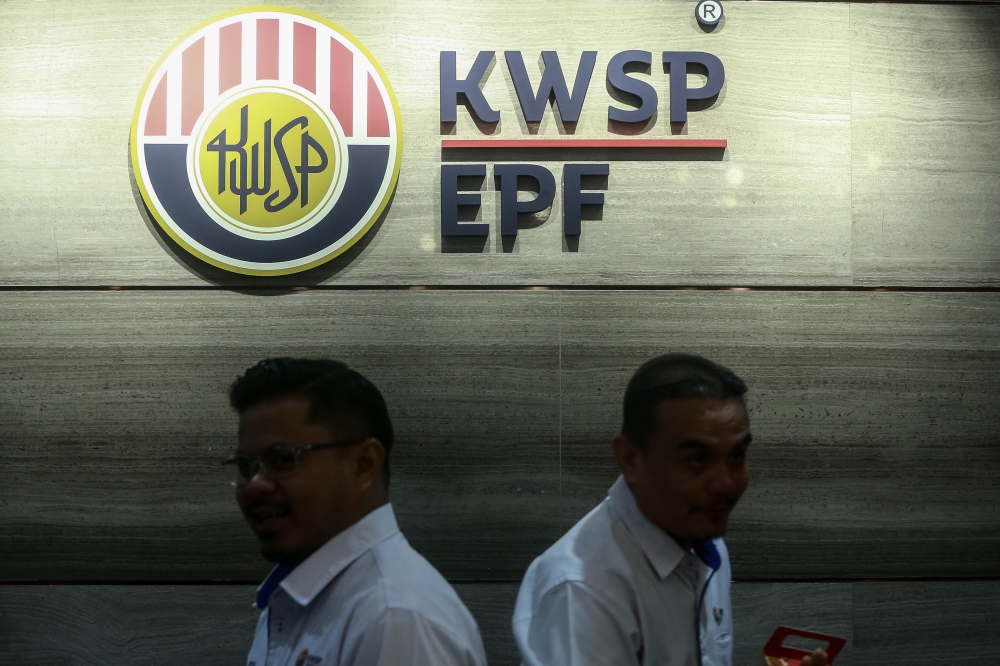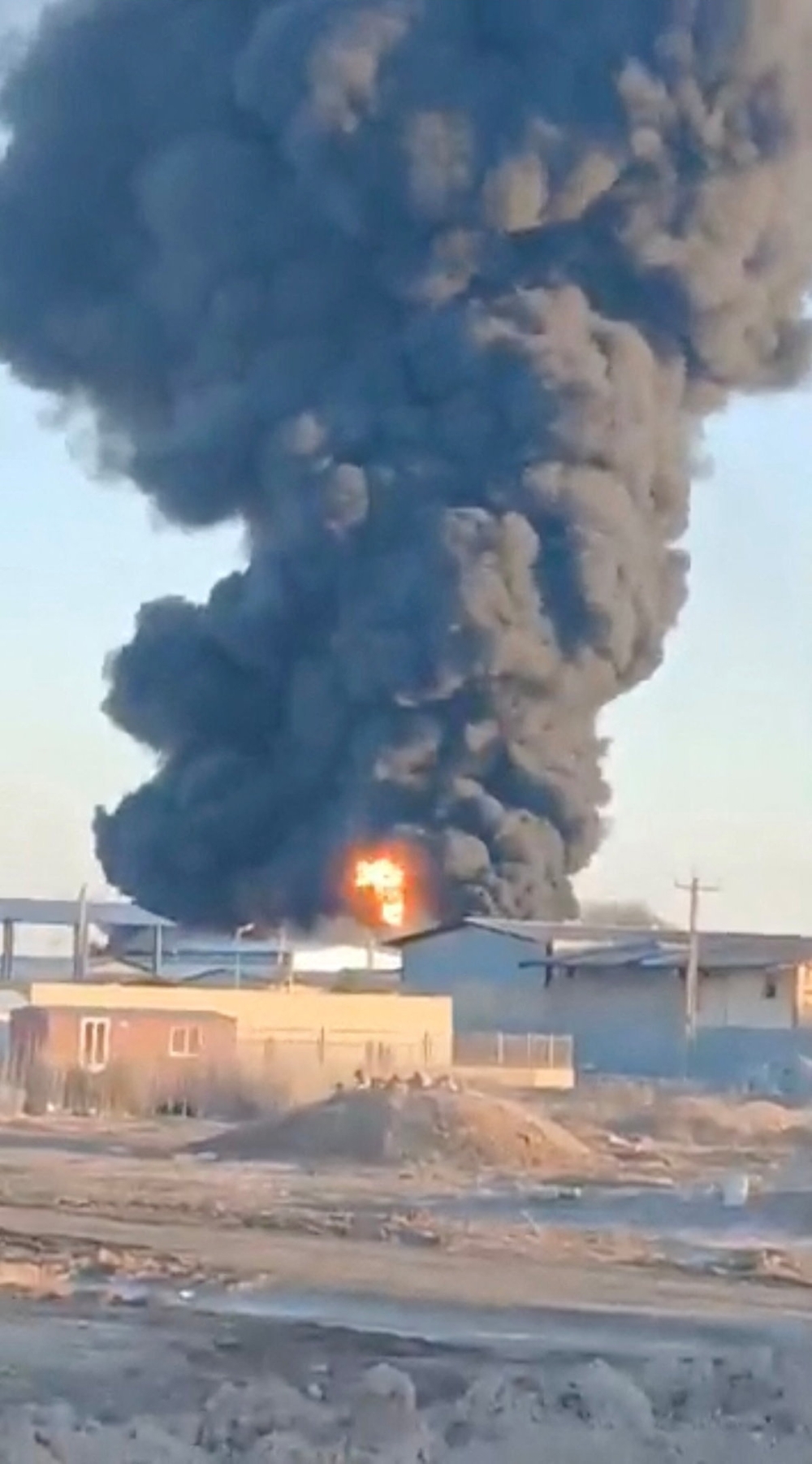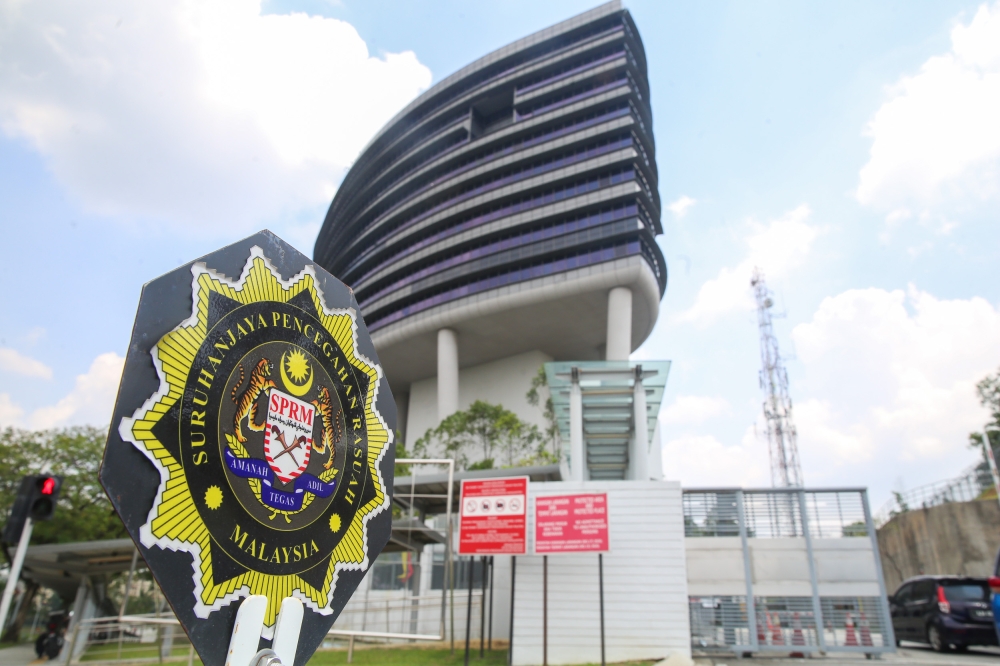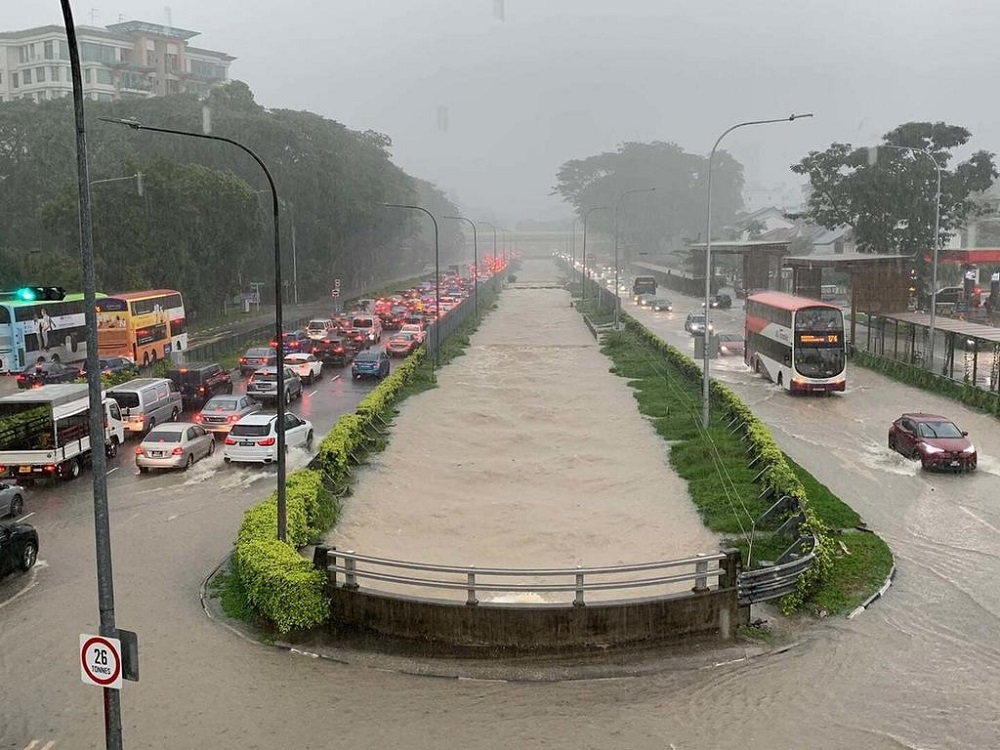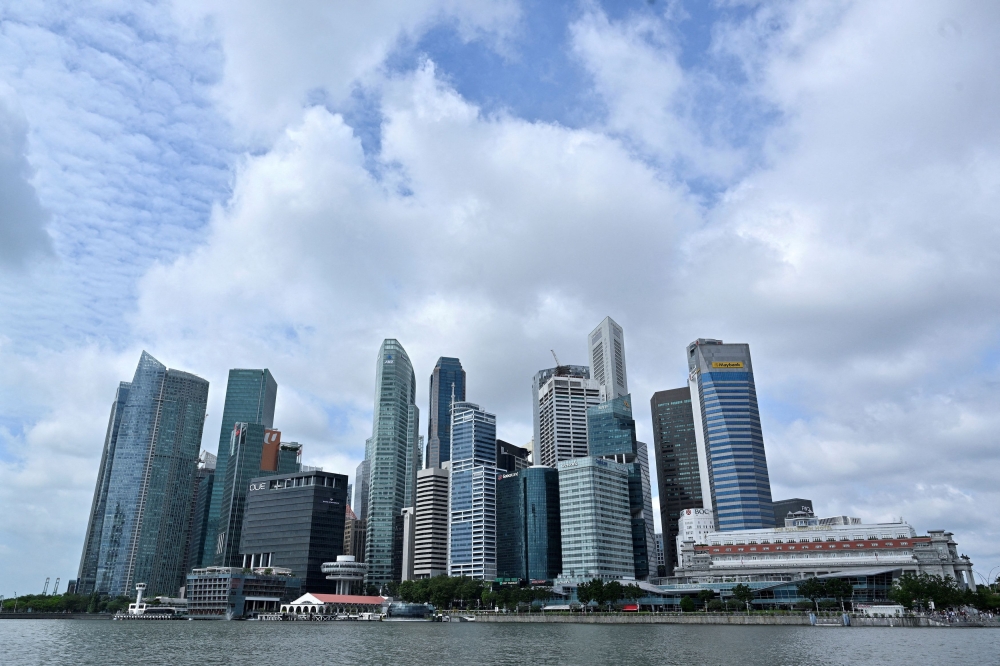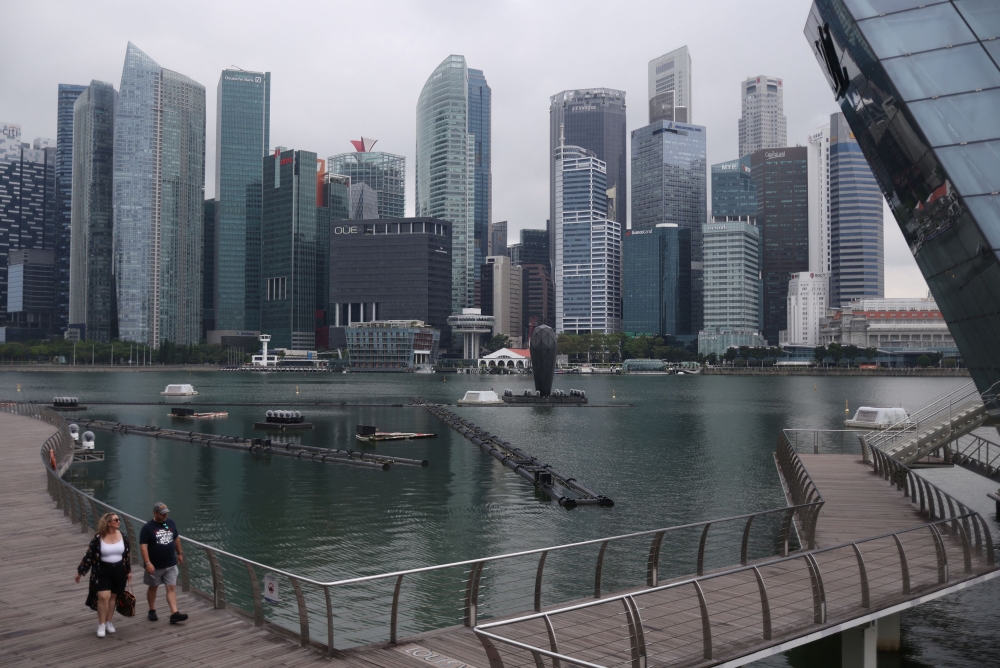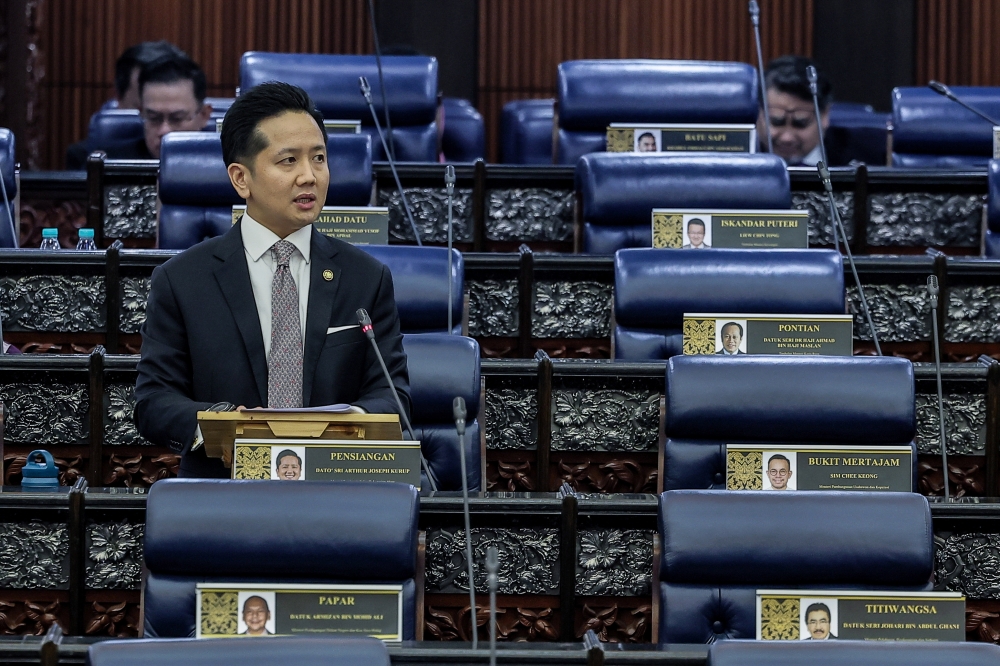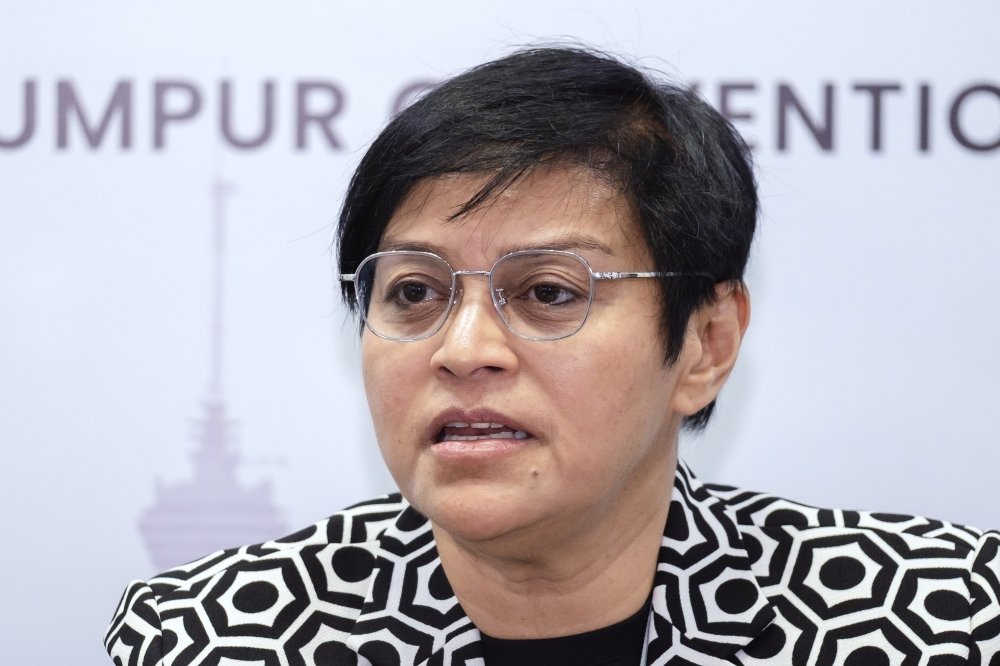SINGAPORE, April 20 — Flash floods over the weekend showed that even after Singapore has spent S$2 billion (RM6.2 billion) to improve drainage over the last decade, it still needs to invest more to deal with the effects of climate change.
This is why the Singapore government is pumping in another S$1.4 billion in the next five years to enhance the country’s drainage systems, Grace Fu, the minister for sustainability and the environment, said yesterday.
Speaking to the media after a worksite tour of the Deep Tunnel Sewerage System along Penjuru Road near Jurong, she noted that Singapore is receiving more intense rainfall with greater frequency due to the effects of climate change.
“We are getting a lot more intense rainfall, one of the highest in the last 20 years, and we’re seeing such intense rainfall more frequently. So it shows us the importance of planning for climate change and also mitigation.”
Last year, Singapore saw its third wettest southwest monsoon season between June and September in four decades.
Prolonged rain over last weekend also saw flash floods occur around the island, prompting national water agency PUB to issue flood-risk warnings for more than 20 locations such as Ulu Pandan Canal and Dunearn Road on Saturday.
Fu said that PUB has 37 existing drainage projects and will add another 10 this year.
The agency has deepened and widened existing canals such as Bukit Timah First Diversion Canal in the past. It will also embark on drainage works in Seletar North Link this year and Serangoon Avenue 2 and 3 this year.
“This shows our determination to improve our water infrastructure, increasing our climate resilience and also making us better and more resilient in a climate changing world with sustainable development,” she said.
When asked why Singapore continued to experience floods despite past upgrades to its drainage infrastructure, Fu said that it will take time to prepare the land for the effects of climate change.
“We have already been witnessing weather pattern changes and we expect to see even wetter and drier patterns going forward. These are the effects of climate change.
“We need to be prepared, but some preparation takes a long time.”
Investments in projects such as the Deep Tunnel Sewerage System make Singapore more resilient as it allows water to be reused multiple times, Fu added.
The underground sewage system, which is in its second phase of construction, conveys used water from industries and households to centralised water reclamation plants.
The used water is treated and purified into potable NEWater, which then goes back to households and industries.
The first phase of the Deep Tunnel Sewerage System, which serves the eastern part of Singapore and links sewage pipes of households and industries to Changi and Kranji Water Reclamation Plants, was completed in 2008.
Construction in the second phase is for the system to serve the western part of the island. It began in 2017 and will eventually link to the upcoming Tuas Water Reclamation Plant.
About 24km of the 100km system has been completed so far, with the S$6.5 billion project expected to be finished in 2025.
Fu said that PUB will discuss with the Ministry of Finance on whether the second phase of the project will be suitable to be financed under the Significant Infrastructure Government Loan Act once it is passed by Parliament.
The Bill, which was tabled in Parliament two weeks ago, will allow the Singapore government to borrow funds for long-term infrastructure projects.
Second Minister for Finance Indranee Rajah, who also joined the tour of the project on Monday, said that the Deep Tunnel Sewerage System is the type of “nationally significant” infrastructure that the Bill hopes to fund.
“The (sewerage system) can last us the next 100 years. So, effectively, we’re building this... for the next generation and the generation after that.”
Indranee added that with Singapore’s needs growing and the country facing financial pressures and constraints such as an ageing population, it will need to consider how it finances future infrastructure projects.
“This is why the underlying philosophy about the Bill is that it must be something nationally significant,” she said.
“If you borrow something, it must be something that benefits more than one generation, or at least across several generations so that the benefit is spread out.”
Other projects that will be eligible for financing through borrowing under this proposed law include the Jurong Regional Line and the Cross Island Line of the MRT rail system.
The Bill will be debated in Parliament next month. — TODAY

